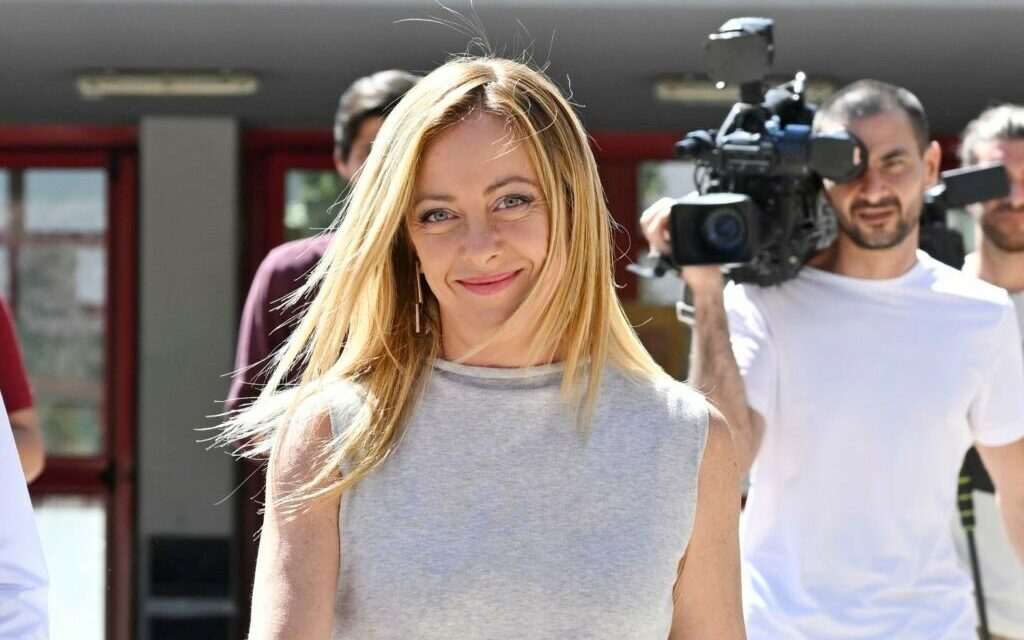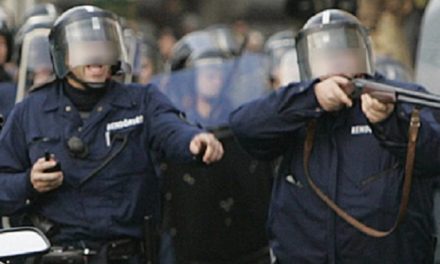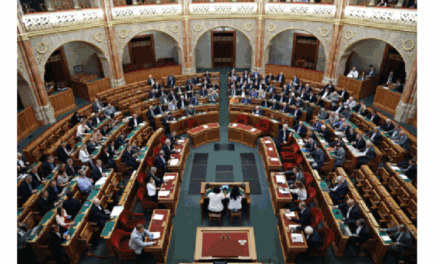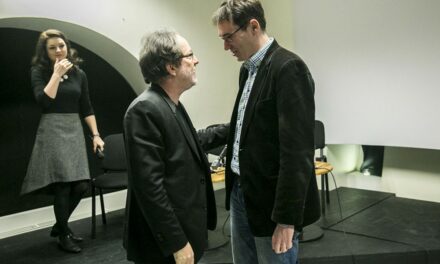The long-awaited break with the policies of the previous governments has not happened yet, so the main question is whether the new Italian prime minister will be able to appeal to right-wing voters again in the next elections.
100 days have passed since Giorgia Meloni, at the head of a center-right coalition, won the Italian parliamentary elections and became Prime Minister. It is time to take stock of his first actions, successes and failures, as his election raised high hopes in the conservative camp, not only in Europe, but also worldwide.
Some of Melonit's opponents tried to set him up as the Duce's direct heir, but 100 days after he came to power, it can be concluded that the Italian Prime Minister's policy remained extremely wise. The question is, has he not remained too wise?
In his communication, he always tried to emphasize his convincing results, which is why his popularity is unbroken:
according to data from Ipsos-Italy, 46 percent of voters evaluate Meloni's government activities positively, which means a 20 percent increase compared to the 26 percent that brought him to power.
As proof of the state of amnesty, the references to the "fascist danger" have almost completely disappeared from the Italian press, and the opposition is finding it difficult to sound credible.
But what was Meloni's strategy to silence his vociferous critics?
The first is that on many central issues, he aligned himself with the policies of his predecessor, Mario Draghi, which he calls "realism". The budget presented by Meloni in Brussels followed the same lines as Draghi's, and Meloni abandoned some projects that might have irritated European authorities, such as his policy to raise cash payment thresholds.
But this "realism" also means that it doesn't really have much of a choice: Italy is one of the main beneficiaries of the European economic recovery plan, and the promised 190 billion euros in aid and loans will only be released if the reforms are followed.
By reintroducing the petrol tax in early 2023, Meloni risked angering some of his constituents, yet bowed to the demands of budgetary "realism".
It is trying to assert its European orthodoxy in the field of foreign policy. He insists that Italy is unwavering in its support for Ukraine, despite coalition allies Silvio Berlusconi and Matteo Salvini wanting a more balanced stance towards Russia. The defense ministers of the two countries are currently negotiating the sending of the joint French-Italian surface-to-air missile system, the Mamba SAMP/T, to Ukraine.
In the field of energy, Meloni revived and even continued the policy represented by his predecessors, the one he had previously fought against, for example the continuation of the Adriatic gas extraction projects. He also went to Tripoli to invest in gas fields, continuing the rapprochement with Libya that Draghi initiated in the spring of 2021 with the former Italian colony.
Ultimately, during the last 100 days, the long-awaited break with the policies of the previous Italian governments did not happen, and this had a reassuring effect on Italian and international public opinion.
"Meloni has 70 percent followed in Draghi's footsteps," explained editor Claudio Cerasa in Il Foglio. However, this almost scholastic continuity with Draghi raises questions in Meloni's own camp, which continues to call for a break. For example, Meloni promised to replace the elite of the public sector, but this did not happen either, and the old cadres remained in many key positions of the Italian public administration - for now.
He wants to achieve results on the immigration issue at the European level, and his goal announced during the campaign to have zero illegal immigration in Italy has not yet been achieved, although this is not expected within 100 days.
The next decisive step for Meloni will be the 2024 European Parliament elections. In this perspective, he devotes a lot of energy to trying to forge a right-center and center-right alliance in the European Parliament, which would unite the EPP and the ECR faction.
In the next elections, he therefore intends to continue to play on the right, but there are still those who would urge more decisive steps. According to political scientist and historian Giovanni Orsina, for example, to Meloni
"to win the votes of the right, you need to implement a real right-wing program, which you have not done so far."
Featured image: MTI/EPA/ANSA/Alessandro Di Meo












